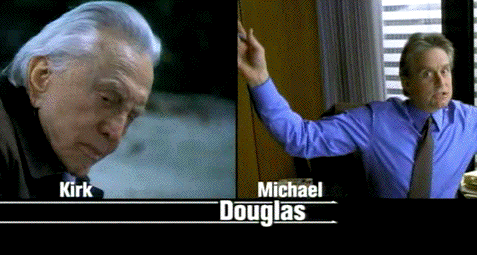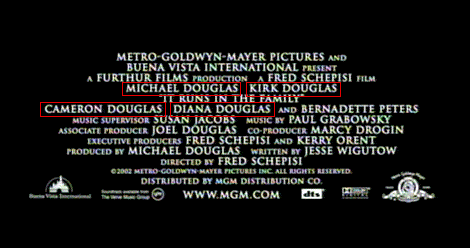The Little Café I’ve Never Been To
I’ve never been to the Trailside Café in Mount Stewart. Mount Stewart is one of those funny villages that seems like it’s hours and hours away from Charlottetown. But when you actually get in your car and drive there, it turns out to be very close. As such, every time I think of going out to an event at the Trailside, I mistakenly think “oh, that would be like driving to North Bay,” and opt not.
That I have never been to the Trailside would tend disqualify me from recommending it to others. However the infectious enthusiasm for the place demonstrated by proprietors Doug and Barb Deacon towards the place, combined with what I’ve heard from others, suggests it’s a place worthy of mention.
All the more so for the following notice that came over the wire from Doug this weekend:
Katherine Wheatley—Live at the Trailside Café!
Spring has brought Katherine Wheatley back to the Trailside Café in Mount Stewart for two special performances on April 27! A well-known singer/songwriter from Ontario, Katherine has developed a strong following after a number of successful Atlantic tours. Her most recent CD “Habits and Heroes” was highly acclaimed by audiences across Canada. Her beautiful voice, melodic piano styles and well-crafted song structures are very pleasing to the ear. She is returning to the Maritimes this spring along with Wendell Ferguson, six time winner of the Canadian Country Music Awards guitar player of the year. Wendell has performed with many well-known musicians including the Dixie Chicks, Gordon Lightfoot, James Keelaghan, Jane Siberry, and Sylvia Tyson. They will perform at the Trailside Café from 2-4 and again from 7-9 on Sunday, April 27. For tickets and for more information call 676-3130.
Everything I’ve ever heard come out of Katherine Wheatley has been great, so I think the event is one worth attending. Past experience of others suggests getting tickets early, as they’re sure to sell out.


